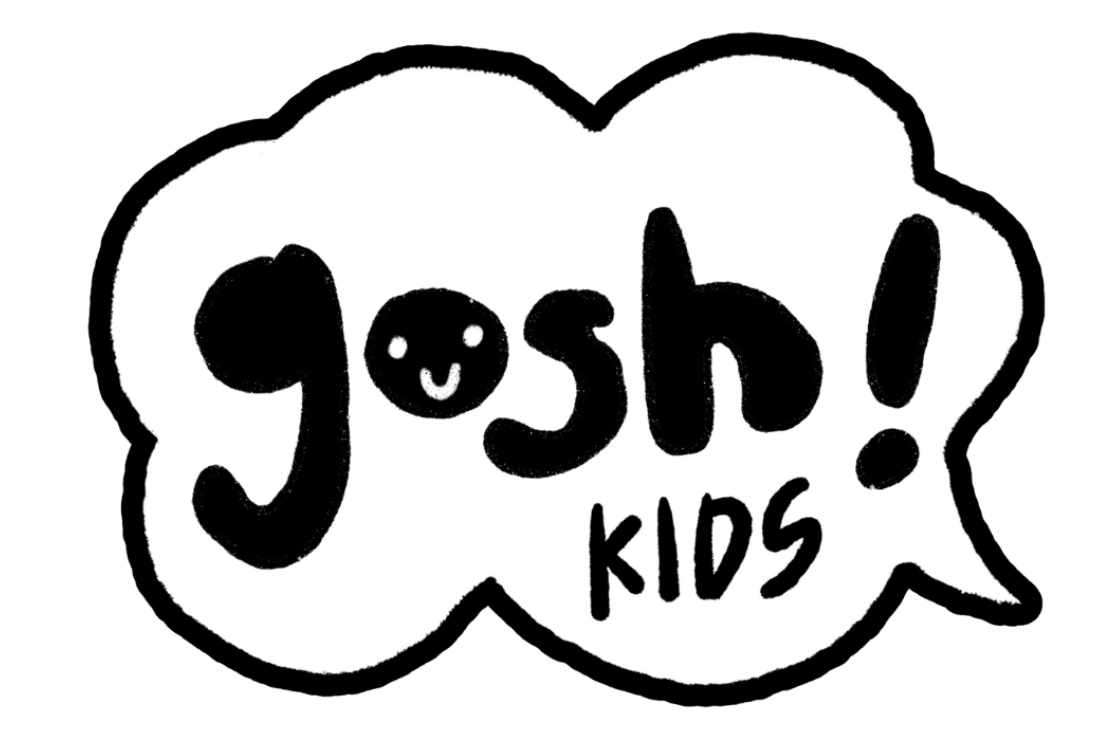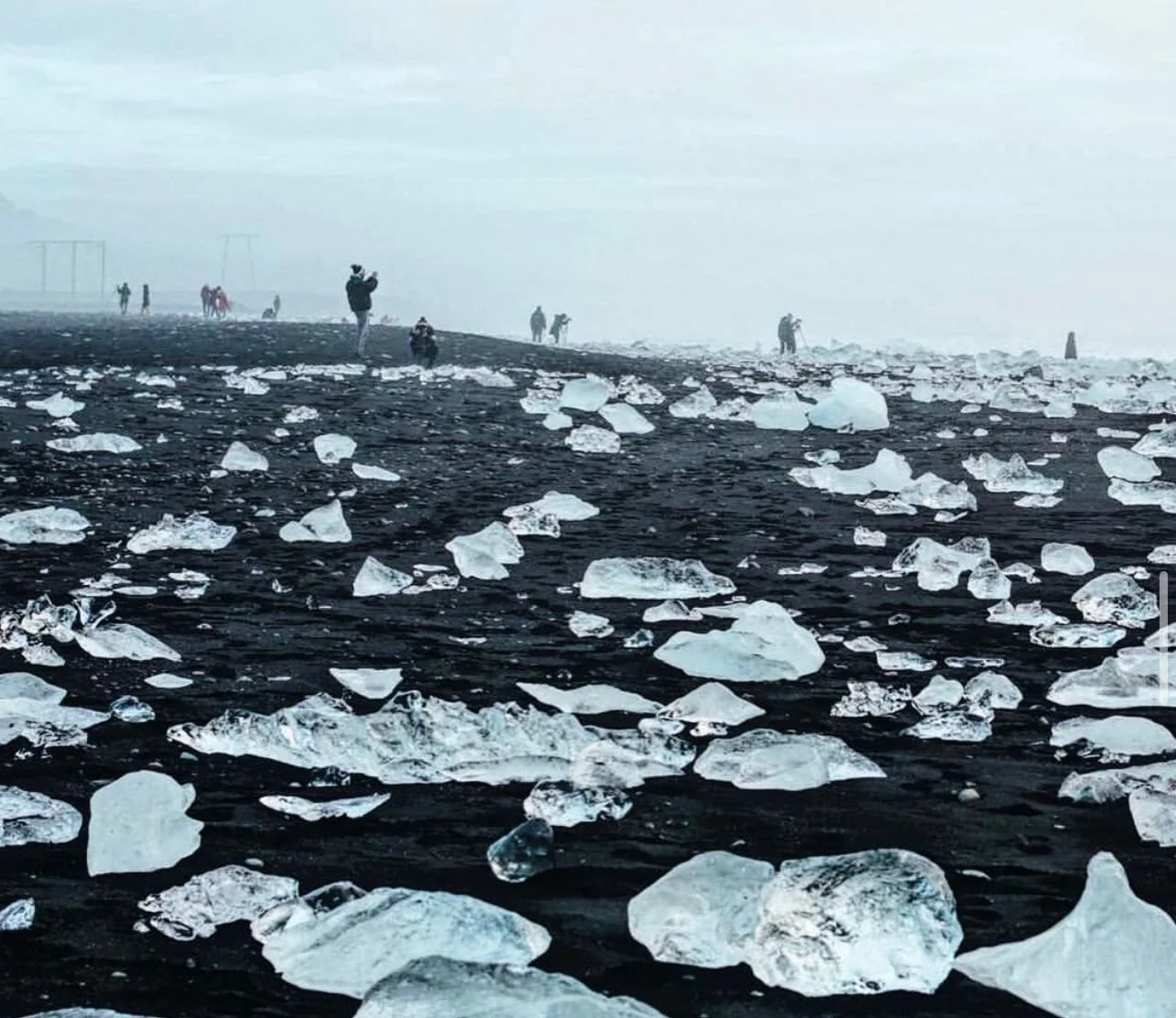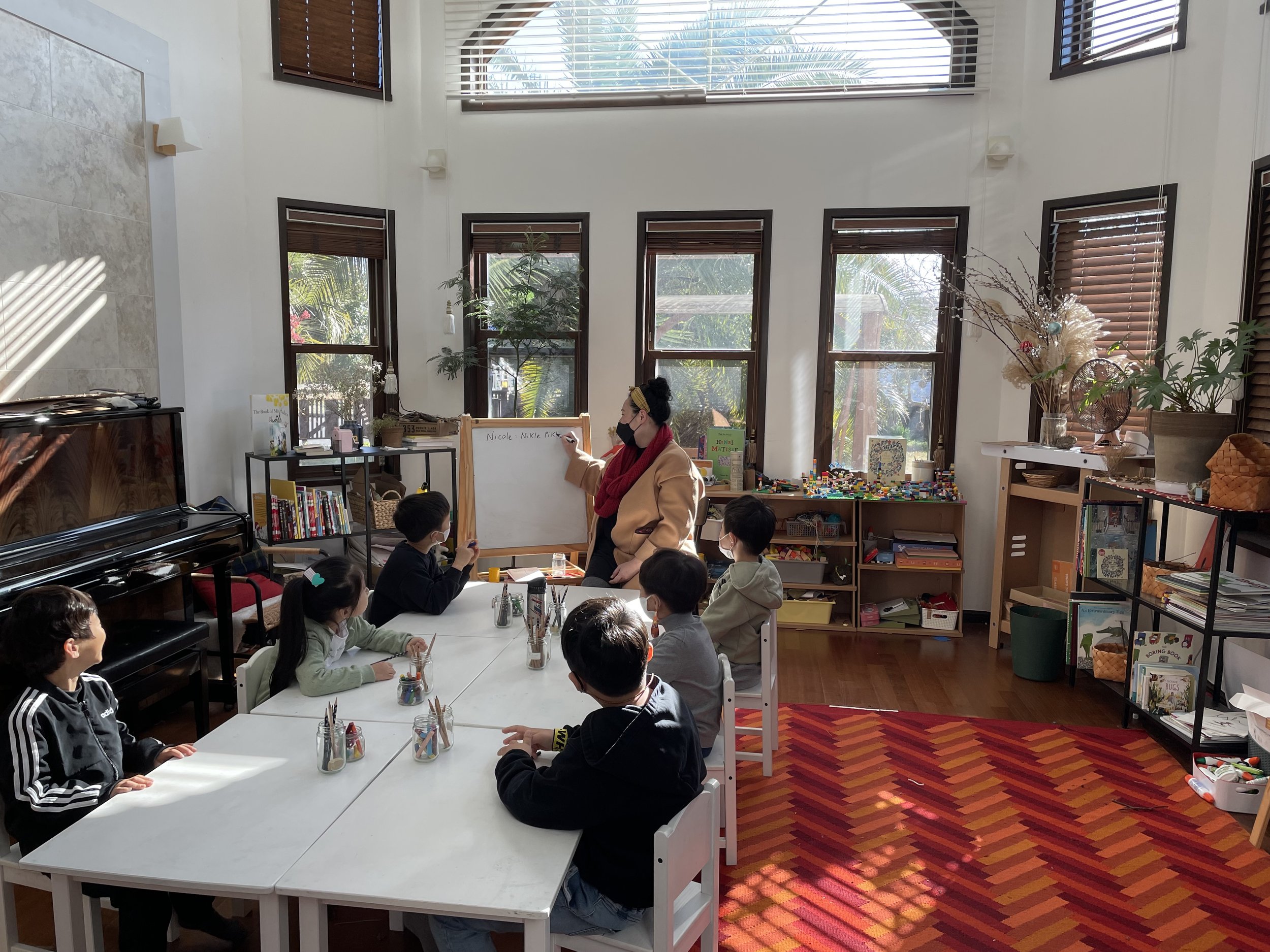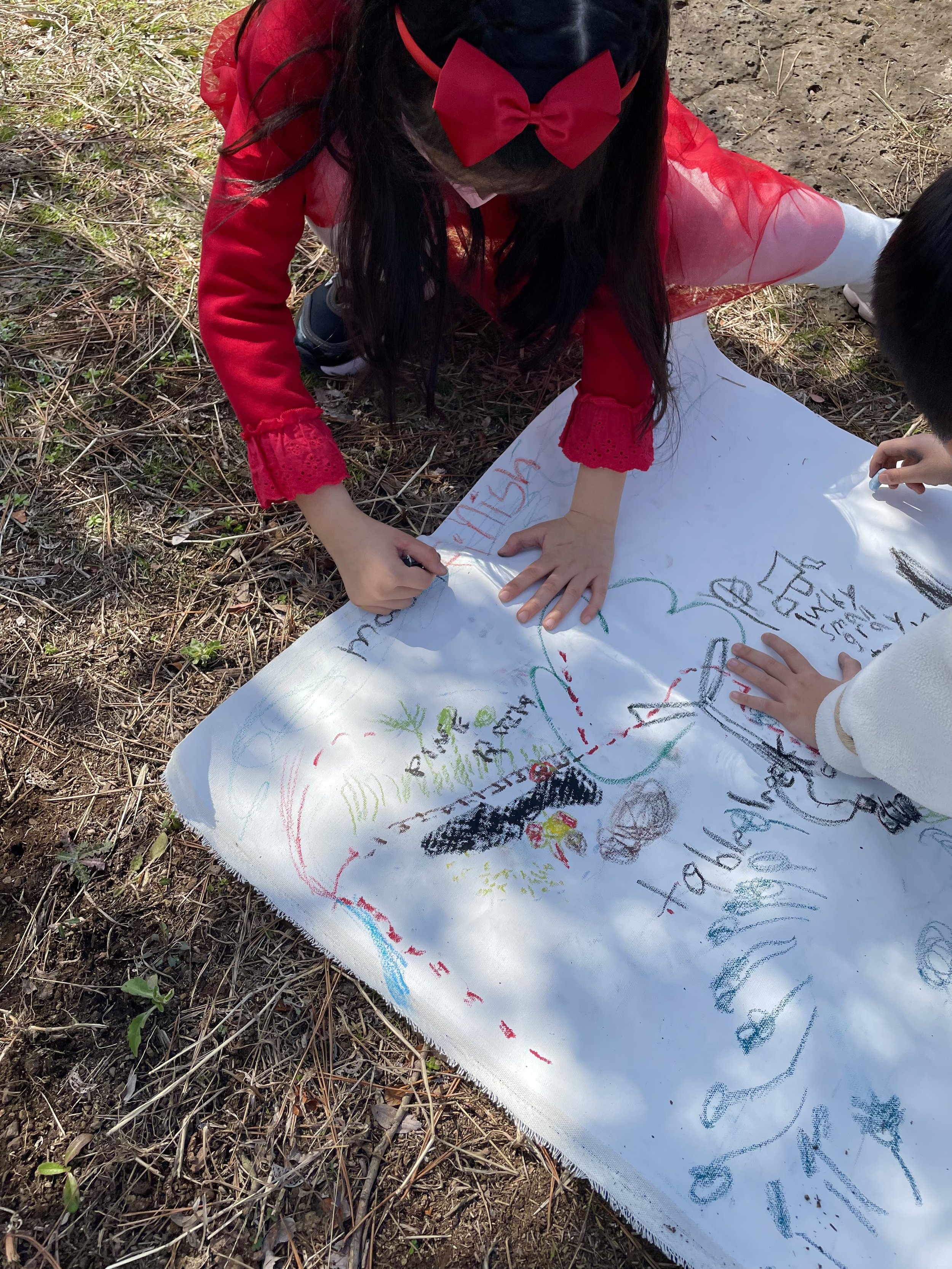Why You Need to Come to Jeju Island
We don’t know anything about the world we live in.
It’s huge. It’s beautiful. We've watched videos of the best of the best places. We've read stories of the great escape. We've experienced the hidden corners and discovered the secret places.
Yet we know nothing of it.
I’ve come to terms with this again and again by rewatching episodes of Our Planet—my favourite nature documentary—on Netflix. It has become a visual reminder that I’ve not quite seen the world, as I would consider myself a seasoned traveller, having lived in more than two countries for extended periods in the past.
Right after we got married, Mathieu and I spent considerable time in Iceland to relax and recharge. Again, we saw enough on social media to convince ourselves that it would be the place to kickstart our journey. Even as I looked back, spending five-digits on what we loved (nature and photography) was worth every single cent.
Experiences are what we crave for. Memories are what we long to build, in and through our lives.
Diamond Beach, Iceland.
Photo by Mathieu Beth.
The moment we arrived it felt like we'd landed on an alien planet. The vast expanse of terrain. The mighty blue glaciers. The natural hot springs. The endless mountain range, backed by a the Northern Lights. Even the culture—deeply infused with Old Norse—was as interesting as it could ever be. Tropical city folks like me would never understand how to live and breathe in a land like that.
The view from our Airbnb patio had become a living reminder that, once again, I don’t know anything about my world. And there births the desire to chase experiences. That's why travelling is so fulfilling—it fills an empty part of your life.
I told Mathieu I could live here forever. I mean, who wouldn’t want to live here forever?
What I'm saying is that travel helps. It takes the mind off distractions. You begin to notice what’s around you. You'd enjoy a good view. You'd taste good food. You are, and can be, present. And once your mind is focused, you're primed to decide that it’s time for change.
Whenever he was asked why he barely spoke at work, John D Rockefeller would respond with a poem about an owl that sat on a tree, having done nothing but observe all day. The more it saw, the less it spoke, and the less it spoke, the more it heard.
So, Rockefeller would say, why aren’t we all like that wise old bird?
You see, Rockefeller’s job wasn’t to drill oil wells, reprimand workers, or to shake hands and cheer his company on. His job was to formulate business strategies. His job was to make decisions for the company that was fighting for a spot at the pinnacle of the oil industry.
His job was to think.
I’ve always struggled to wrap my head around the idea that we’re living in a knowledge economy. In the past, majority of work was defined by what you could do with your hands. Now, work is dependent on your brain, where knowledge is supposed to flow freely. How much you can think deeply and creatively, and the ability to solve problems—those are the ideals of a thinking man. Yet it's also measured against the amount of emails you sent, the number of meetings you attend, the amount of time your kids spent on their homework, or how tightly-packed their schedules are. And perhaps, complex bureaucracies masks over the real work.
Not different from Rockefeller's time, if you’d ask me.
And when the mundaneness of life bogs you down long enough, a solution is to escape to a new environment.
We’ve all tried. We go on family vacations. We seek new experiences. We eat new food. We feel like there’s so much more in us than what our jobs or society have defined for us. I could start a business right now. I could travel the world. I could find peace with nature and discover myself. What’s stopping me?
Yes, I could do all that—only to lose it all the moment I set foot back in the office.
It’s strange how these endeavours come alive in us the moment we stop “working”, when we’re out there in a foreign place doing things other than "work".
Neuroscientist Dr Nancy Andreasen made interesting observations in highly-creative geniuses like Einstein and Mozart and da Vinci in her fascinating book about our brain. Creative people, she says, carved out time each day for “free-floating periods of thought”—where the body is in a resting state, free of stress, and thus free to wonder. These people “were not [experiencing] a passive silent brain during the ‘resting state’, but rather a brain that was actively connecting thoughts and experiences.” The brain is engaged in what she terms REST (”random episodic silent thinking”).
Laugh at me. Laugh at yourself. You and I know that our culture does not warrant us to REST. How can I possibly lie down in the middle of a workday, gaze at the office ceiling and expect my boss to be okay with it? How can my kid just sit there and engage in profound reflection instead of grinding hard for the national exam months ahead?
But Einstein takes breaks every now and then, long enough to let his ideas settle.
“I take time to go for long walks on the beach,” he writes, “so that I can listen to what is going on inside my head.” Mozart did something similar: “When I am traveling in a carriage or walking after a good meal or during the night when I cannot sleep—it is on such occasions that my ideas flow best and most abundantly.
If you examine the lives of renowned thinkers who weren’t under pressure to appear busy, a pattern emerges: they invested significant amounts of time engaging in activities that didn’t seem like work at first, yet yielded remarkable outcomes.
On our part, expect no one to rationalise why you need set aside time to think. For anything, really. Expect no one! Do it because you have to. Do it because, frankly speaking, we’re all out of mental breath.
That’s what vacations are for, and the very reason why we introduced Gosh! Kids Go!: Jeju Island.
Pilco Studio is where children will spent most of their time in active creation
It’s an opportunity for both parents and children to, once again, realign as a family, get out there and see the world for what it is.
Going to Jeju Island this March holidays is designed to achieve two things for your 6 to 12 year-olds:
Engage in REST by immersing in creative, cultural and nature experiences. Korean art forms, Jeju culture and folklore, nature-inspired literacy, beach ecology, podcasting and photography—we've lined up a wide array of activities in the barrell, ready to fire.
Allow yourself to get some me-time without worrying about your kids.
Plus a whole bunch of group work, communication, creative thinking, self-exploration, and a deep pool of experts from all over the world to inspire your kids. That’s what education truly is!
Forest lessons in Jeju
It’s too noisy at home.
When novelist Haruki Murakami realised the trivial distractions at home were an obstacle to his creativity, he shifted. “I began to do a good deal of my writing abroad,” he writes, “In a foreign country, I could focus on my work." It seemed that being in the right environment helps with the early stages of a novel.
When Mathieu and I were living in Japan, we unearthed the mental capacity to REST and think about our lives. Our vision. Our goals. Our career. What Gosh! Kids should be. What Gosh! Kids could be. And with every one less thing fighting for my attention, I could focus on one thing more important. Sometimes, you have to lose something to find it.
A big part of this Jeju Island experience includes nature immersion and understanding its role in our creative growth—something Singapore lacks by an order of magnitude against the rest of the world.
We’re innately drawn to gazing at the ocean and vastness of mother earth. “It is said the ocean provides a closer reflection of who we are than any mirror,” Rick Rubin writes, “There may be a limit to how much time we can play, but there’s never a limit of awe and inspiration to be found outdoors.”
I truly resonate with this—nature can be our teacher, only if you allow yourself to be still and observe. Rubin says that if you’re picking colours based on a Pantone book, chances are you’re limited to a certain number of shades. I don’t want our children to be limited. I want them to be exposed. Doubly-exposed if I could. And if you would just step out in nature, the palette is infinite and no can of paint can mimic the exact shade.
This doesn’t need any justification. The world is our school. The school is our world. Our children need to get out to grow.
Nature immersion and forest map-making
So let’s take this (rare) opportunity—as a family—to unplug from the craziness of our lives, to have our worldview challenged, and to raise the expectations of what we could achieve with our creativity.
And, of course, to REST.
To reexamine our identities is a big deal for young children as it for you and me. It was a strange thing for Murakami, as he had spent considerable time away from his home, that he had escaped from the highly-stressed, rigid framework of its society, only to return to a relationship with that very land, to consider more deeply the meaning of his identity as a Japanese.
Consider how your kids could rationalise their individuality in this emerging, complicated world by first knowing their place in the world.
No child who sees the world will come back the same. Even if doesn’t seem so on the surface. Even if it may seem trivial and unmeasurable.
“Distance and difference," author Jonah Lehrer once wrote, "are the secret tonics of creativity.” Yes, they’ll return back to comfort—when they get home, home is still the same. But something in their mind has changed. And that? That changes everything.
Kids are highly adaptable. They love experiences. They love fun. And they need all the REST they can get.
Let's find out more about the world we live in.
Spots are limited. Sign up now, or WhatsApp me at +65 9112 8738 to clear all the concerns away.
Be well,
Miss G (@gladyssoh)






